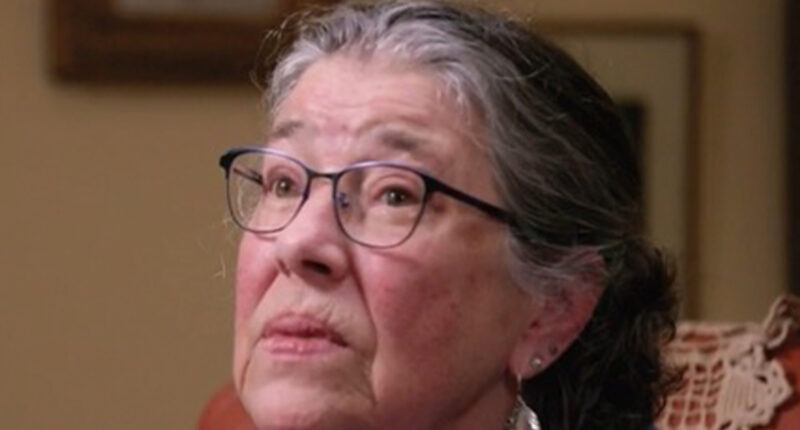A WOMAN has lost hundreds of thousands of dollars that she thought was safe in a savings account.
She won’t be able to get any of it back.


Barbara Putnam had put her life savings — $300,000 — in a savings account at a US Bank branch.
The Washington resident was scammed by a pop-up message on her computer, notifying her that she had been hacked.
The scammer had informed Putnam that someone was using her private information to buy child pornography on the dark web, as reported by a Washington’s local news outlet, KING-TV.
Putnam was instructed to secure her money by contacting her investment firm and bank and liquidating all her stock.
Then, the hacker coerced the woman into wiring the money to an online business to buy gold coins.
Although Putnam’s investment advisor carried out the transaction without asking questions, the first bank wouldn’t let her transfer the $300,000 to purchase the coins.
When she tried a second time at US Bank, the teller asked a couple questions but ended up transferring the money successfully.
Once the coins were mailed to Putnam’s home address, a “courier” arrived to pick them up.
Putnam was told that a US Marshal would write her a $300,000 check — but that never happened.
“No answer, no answer. I wait about 10 more minutes, and I’m going, ‘This is it. They’re not coming. I’ve been scammed,” Putnam said.
The bank told KING-TV that they take financial fraud very seriously.
“We take fraud and scams seriously, and our team members are kept informed of the latest trends to help spot scams, and to the extent possible, ask questions or raise concerns to try to help a client avoid falling victim to a scam,” wrote US Bank Vice President of Public Affairs and Corporate Communications Evan Lapiska.
“Financial fraud can be expensive and difficult to recover from. If something feels suspicious, it very well may be, and if a banker, friend or family member raise concern they are likely just trying to help avoid a potentially devastating situation before it occurs,” he added.
On Tuesday, members of Congress met to discuss a bill that would better protect vulnerable adults like Putnam from such scams.
Bank tips for avoiding scams

As scams become more sophisticated with the use of artificial intelligence, it is important you know how to spot a scam:
- Be skeptical of online deals that seem too good to be true, especially on social media.
- Scammers will often use tactics to make you panicked so you make quick decisions – be cautious if you are told to take immediate action and verify who has contacted you.
- Chase Bank warns customers to “never return any unexpected funds without calling Chase first.”
- Never send money to someone you have only spoken to online or by phone as this is likely a romance scam.
- Unless you 100% know who you are talking to, never give someone remote access to your device.
- Never accept help from strangers at an ATM and always be vigilant when making withdrawals.
- Do not send money or click any links indicating that you have won a prize.
Source: Chase.com
The House Consumer Protection and Business Committee heard Putnam’s testimony which raised awareness about financial fraud.
Banks and investments firms are not obligated to reimburse customers for wire transfers or bank-to-bank transfer fraud even if the customer was being intimidated.
While the bill has drummed up some support, representatives from some financial institutions have testified against it.
“This would put an unnecessary burden on financial institutions,” said Dennis D’Ambrosio of Heritage Bank.
For the bill to move forward, the committee should pass it through by Friday.
US Bank did not immediately reply to The U.S. Sun’s request for comment.

















